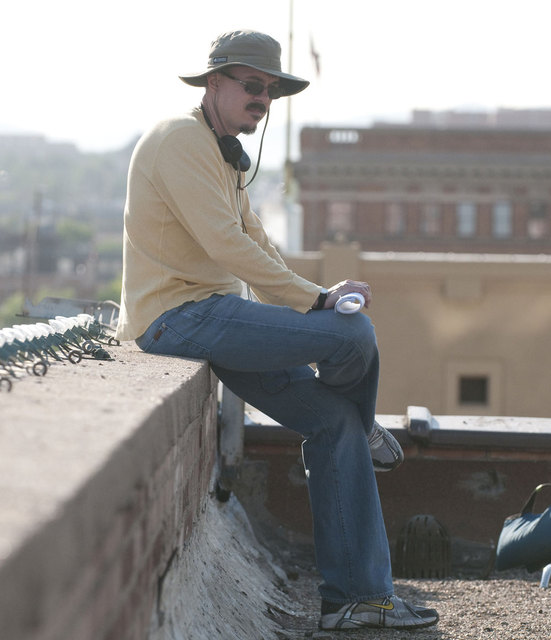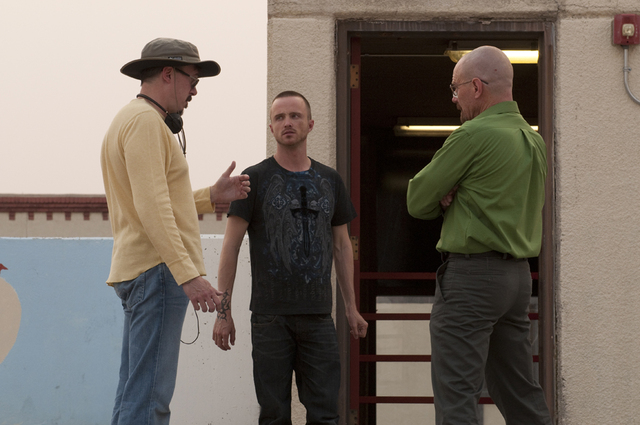Vince Gilligan Interview: Life After Walt, Naming The Show, The Film Incentive


Gilligan directs Paul and Cranston
Sony Pictures Television / Greg Peters
Latest Article|September 3, 2020|Free
::Making Grown Men Cry Since 1992


Gilligan directs Paul and Cranston
Sony Pictures Television / Greg Peters